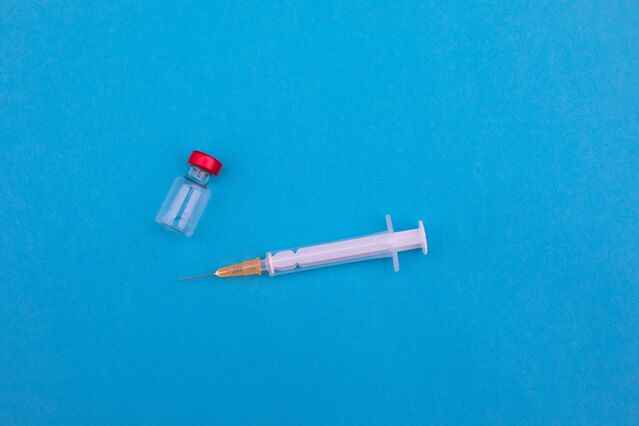Teamwork
The COVID Vaccine and the Case for Collaboration
The story of the Pfizer and BioNTech partnership shows us what is possible.
Posted December 11, 2020

My dad will receive a vaccine long before me. He’s 80, a three-time cancer survivor, and easily the most vulnerable member of our family. Alas, I’m also secretly jealous that he will be able to return to life as we knew it sooner while I’m still more or less isolated at home.
A German satire magazine produced the right caption for my jaded thinking: “With a standing ovation, hundred thousands of ICU nurses across the country express their gratitude to those fellow citizens who sacrificed their skiing vacation for them this winter holiday.”
You are welcome.
Once again, the pandemic is turning the world upside down, but this time it is going to be an even bigger test of our solidarity. In most countries (China being one of the exceptions), the elderly, as well as healthcare and other essential workers, will likely receive a vaccination before those who are usually first or further up in line in our societies. (This great data visualization tool by the New York Times shows you your exact place in the queue). As public health expert Atul Gawande puts it in the New Yorker, “The bus drivers never came before the bankers before.”
At the global level, however, the pandemic is not upending but deepening existing global inequality. We still have a long way to go to a universal “people’s vaccine,” as the economist Mariana Mazzucato points out. The world’s richest nations—including the 27 member-states of the EU as well as Canada, the U.S., the U.K., Australia, and Japan—have already pre-ordered half of the world’s expected available vaccine supply.
With immunization becoming a new currency, creating new divides and aggravating old ones, how likely is it that we can pull together as a society, as a species, to truly overcome this crisis?
The vaccine development itself shows us what is possible when we collaborate. The partnerships between different scientists and businesses across institutional and cultural boundaries that led to the breakthroughs may have been driven by evolutionary imperatives: “enlightened self-interest,” to use Hobbes’s term, and innate altruism alike.
Certainly, all of them had in common an inspiring (big enough!) goal—a “loonshot,” as the author Safi Bahcall calls it (watch an extended version of my recent conversation with him)—a shared purpose, and trust. Moreover, as Benjamin Jones, a strategy professor at the Kellogg School, argues, the need for collaboration has increased as our individual knowledge base is becoming more and more specialized.
Yet there is also something else, something inherently human and personal, making us collaborate: sympathy—as in the desire to be in the company of others we like.
Take the story of Özlem Türeci and Uğur Şahin, the married scientist couple who founded and run BioNTech. Or the friendship between Pfizer CEO Albert Bourla, a Greek Jew, and BioNTech’s Şahin, a Muslim Turkish-German, both immigrants, that Pfizer Germany country manager Peter Albiez spoke about with me. Or consider the collaboration between Drew Weissman, an early pioneer of mRNA technology, and Katalin Karikó, now a senior vice president at BioNTech, who together solved the biggest challenge of mRNA therapeutics: how to evade immune detection when synthetic mRNA is injected into the human body. Their seminal paper from 2005 paved the way for both of the vaccines developed by Pfizer/BioNTech and Moderna.
Both vaccines are also the product of a collaboration with another unlikely partner: the human body. Instead of injecting a weakened or inactivated version of the live virus into our bodies, as traditional vaccines do, mRNA vaccines teach our cells how to make a protein and form an immune response to the virus without ever having been infected by it. In this act of co-creation, the body is doing most of the work.
Body or soul, immune or socio-emotional system, “loonshots” or small acts of solidarity: Humans are amazing—especially when we collaborate.


